Fruit flies are a perfect storm of small, fast, persistent, and hardy. They love to creep into your kitchen and make their home on overripe fruit, unwashed dishes, and similar sweet places. Nobody wants bugs in their banana bread!
That’s why we put together this list of five easy fruit fly prevention practices. Following these easy steps will help make sure those annoying bugs don’t make your home their home.
Keep rotten fruit out of your home
This is the most obvious answer to the question, “How can I prevent fruit flies?” Fruit flies, unsurprisingly, love rotting fruit. It’s what they most enjoy eating and it’s the reason they have the name they do. Any fruit that is past ripe should be cleaned up, bagged up, and taken out.
Make sure your drains and garbage disposal are free of food waste
Fruit flies love food waste, and drains and garbage disposals are popular places for food build-up to occur. Remove their potential food source by maintaining their cleanliness. Slow drains are usually a sign that there’s a clog or build-up.
In many cases, that clog or build-up is made up of the sort of organic materials fruit flies love. Pouring boiling water down problem drains can help loosen up these clogs, but if they’re still problematic afterwards, it’s best to call a professional and have them cleaned.
Clean out your recycling and garbage bins
When you drink a canned beverage and then throw it in the recycling, it’s never completely empty. There are always a few drops left. If your recycling bin isn’t lined with a bag, those few drops can build up. When they do, they’ll attract fruit flies.
Using trash bags in your recycling bin is one way to help prevent this. You should also regularly wipe and clean out all bins so that there isn’t a chance for icky sticky sweetness to collect. Cleaning your bins will be a big step toward keeping fruit flies away from your home or business.
Rinse dishes and cups as soon as you’re done using them
Do you see a theme with all our suggestions? Staying on top of cleaning food waste is the number one defense against fruit flies.
That extends from drains to bins to your dishes themselves. Never leave half-empty cups sitting around, and rinse your dishes before setting them in the sink to keep pests away.
Replace any old sponges or mops
Fruit flies are kind of gross. They’ll live in whatever filth they can find, as long as there’s a little sugar or moisture nearby. We recommend replacing the sponges you use for washing dishes in your kitchen at least bi-monthly, because these sponges are another place where their preferred food waste can hide.
Even if you try your best, sometimes things don’t go your way. If fruit flies have moved in despite your best efforts, you can call on the experts at Griffin Pest to get them taken care of quickly and permanently.

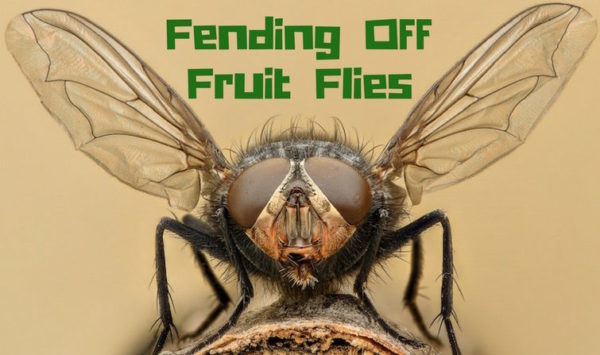
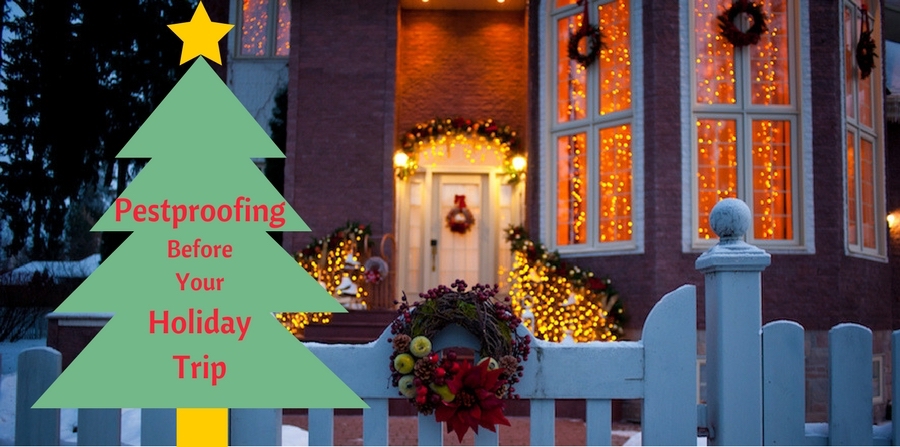
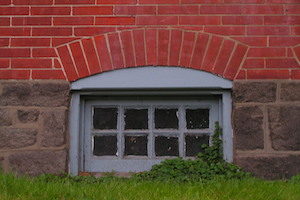 Drafts happen when a gap in the wall of a home allows cold air to seep in. That cold air replaces warm air in the home by sucking it out the same gap where it got in. Pests feel this hot air from outside and follow it, hoping to find a place to keep warm. Mice are particularly good at finding and following drafts. Just about any gap wide enough to create a draft could be wide enough to
Drafts happen when a gap in the wall of a home allows cold air to seep in. That cold air replaces warm air in the home by sucking it out the same gap where it got in. Pests feel this hot air from outside and follow it, hoping to find a place to keep warm. Mice are particularly good at finding and following drafts. Just about any gap wide enough to create a draft could be wide enough to 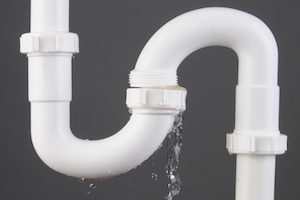 All living creatures need water to live, even overwintering pests. Moisture and humidity attracts pests almost as much as the promise of warmth. Little insects don’t require much water to get by, so even a small plumbing leak works just fine. Pests find the moisture they need by sensing air humidity or smelling loose moisture. Even small plumbing leaks can drive up a home’s humidity enough to attract pests.
All living creatures need water to live, even overwintering pests. Moisture and humidity attracts pests almost as much as the promise of warmth. Little insects don’t require much water to get by, so even a small plumbing leak works just fine. Pests find the moisture they need by sensing air humidity or smelling loose moisture. Even small plumbing leaks can drive up a home’s humidity enough to attract pests. 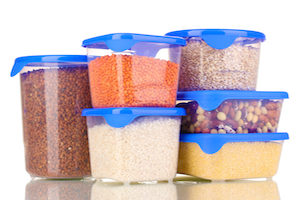 Food attracts pests just as reliably in winter as it does the rest of the year. Cereals, bread, and other grains are
Food attracts pests just as reliably in winter as it does the rest of the year. Cereals, bread, and other grains are  We started talking about this during the draft section, but it bears repeating. Entryways like doors and windows are the number one way pests get into homes. Tiny gaps naturally develop near doors and windows in several ways. The elements wear away at thresholds and weatherstripping. Continual use may warp or damage joints, housing, or moving parts. Some pests even work away at sealing surrounding thresholds themselves.
We started talking about this during the draft section, but it bears repeating. Entryways like doors and windows are the number one way pests get into homes. Tiny gaps naturally develop near doors and windows in several ways. The elements wear away at thresholds and weatherstripping. Continual use may warp or damage joints, housing, or moving parts. Some pests even work away at sealing surrounding thresholds themselves.